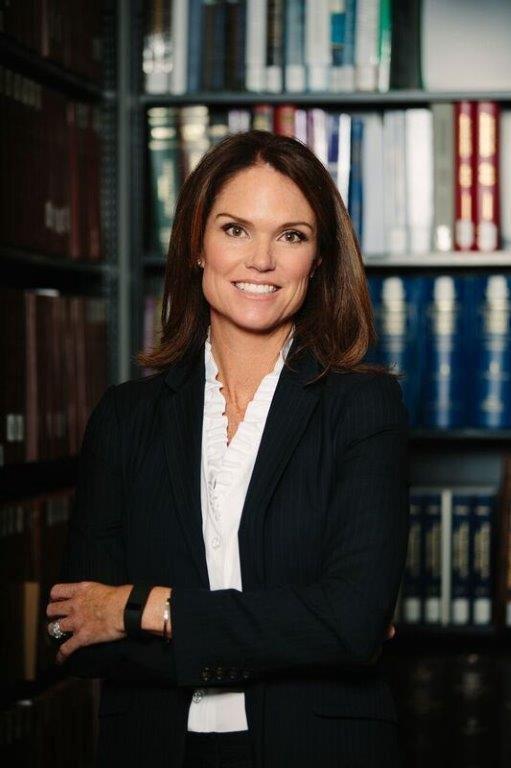SA Melissa Nelson (Office of the State Attorney for Florida’s Fourth Judicial Circuit) Elections matter: Florida’s 4th Judicial Circuit
In August 2016, Melissa Nelson overwhelmingly defeated Angela Corey to become the chief elected prosecutor in Northeast Florida. During her campaign, Nelson “assembled a coalition of support ranging from the National Rifle Association to liberal trial lawyers. Many were motivated by dislike of Corey, who had become an increasingly polarizing figure locally and nationwide.” It is […]

In August 2016, Melissa Nelson overwhelmingly defeated Angela Corey to become the chief elected prosecutor in Northeast Florida. During her campaign, Nelson “assembled a coalition of support ranging from the National Rifle Association to liberal trial lawyers. Many were motivated by dislike of Corey, who had become an increasingly polarizing figure locally and nationwide.”
It is axiomatic that campaigning is easier than governing. So now six months into her tenure, the question on the table is how is Nelson doing? Or as The Florida Times-Union recently explored: Has she delivered?
At one time, Corey, the elected prosecutor before Nelson, was largely seen as unbeatable. In the modern era no chief prosecutor had ever been voted out of office in Jacksonville, and it was assumed that Corey would keep her job for as long as she wanted.
But Corey’s draconian views on criminal justice caught up with her. Her decision to seek a long prison sentence for Marissa Alexander, a woman who fired a shot in the direction of her estranged husband who had just beaten her, and to try 12-year-old Cristian Fernandez as an adult for the murder of his half-brother, drew international condemnation. The Nation ran an article on Corey asking if she was the “cruelest prosecutor in America.”
Nelson easily defeated Corey with a promise to change the office culture and mete out justice in a responsible, reform-minded manner.
Early indications are that in Florida’s Fourth Judicial Circuit, this particular election has provided positive returns for those who believed in Nelson’s platform of change.
Nelson is going forward with plans to launch the first conviction integrity unit in Florida, with her office actively seeking a director who will ferret out wrongful convictions. She has also endorsed the use of civil citations for juveniles rather than arresting and jailing them.
Nelson has also been willing to dismiss charges in cases in which Corey almost certainly would not. For example, she dropped the charges against one man charged with arson and murder who had been locked up for three years after determining the case against him was weak.
Nelson dropped the charges against a woman who shot and killed her husband after she said he had beaten her. She also dropped the charges against two men and cut misdemeanor plea deals with three other men who’d been involved in an anti-war protest and got into an altercation with a Donald Trump supporter.
While it’s impossible to say if Corey would have done any of these things if she were still in office, her previous record strongly suggests that she wouldn’t have done any of them.
To be sure, concerns remain that Nelson has not gone far enough to change the corrosive culture that Corey left behind. But early returns suggest that Nelson has at least cleared the low bar set by her predecessor.
All of which offers another clear reminder that the most powerful actor in the justice system — the elected prosecutor — can and should remain accountable to her constituents.
